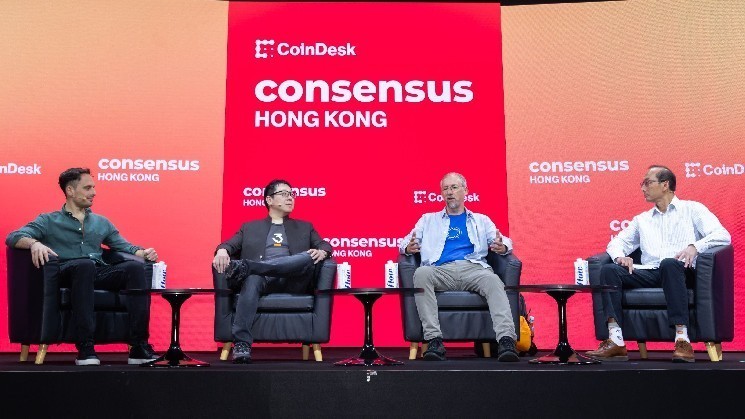Adam Back, an early Bitcoin developer and the co-founder and CEO of Blockstream, has weighed in on the debate about what he calls “JPEG spam” on the Bitcoin blockchain.
Back argues that it undermines the cryptocurrency’s core purpose as money in a thread on X (formerly Twitter) on Friday.
Bitcoin should be considered “owned by humanity” with developers acting as “stewards” who require user consensus to change the network materially, Back said. That principle, he added, was reinforced during the block-size wars of 2015–2017, when user-led economic pressure stopped miners from pushing through protocol changes.
Back took aim at the surge of JPEG inscriptions—images stored directly on Bitcoin through the Taproot upgrade and the Ordinals protocol that it helped spawn.
The number of JPEGs embedded in Bitcoin’s ledger has risen from 88 million in May to 105 million in September, a 20% increase. Fees tied to these inscriptions total roughly 7,000 BTC ($777 million).
Bitcoin’s core mission
The proponents of developments enabled by the Taproot upgrade, such as Ordinals, meanwhile, argue that as long as users are willing to pay for block space, they are a valid use of the network.
Being a permissionless system, there should be no dictating of what Bitcoin can and cannot be used for, as this goes against the ethos of decentralization upon which it was built.
Furthermore, the “JPEG spam” also strengthens the economic incentive for miners to maintain the Bitcoin network, which could become increasingly vital as the block rewards they receive are cut by 50% every four years.
While miners benefit from higher fees, Back argues the effect is minimal once the hashrate has increased and costs are factored in. He estimated that JPEG inscriptions may contribute just 0.1% to mining profits, far outweighed by potential reputational harm, higher transaction costs for ordinary users, and reduced accessibility to Bitcoin’s core function as a peer-to-peer money system.
Divided community
The issue is therefore a divisive one in the Bitcoin community.
Supporters view inscriptions as legitimate economic activity and the use of the blockchain. Critics, including Back, say they waste block space and displace activity that strengthens Bitcoin’s value proposition.
Back floated possible remedies, including outreach to miners and pools to discourage processing such transactions, and wallet-level changes that could steer fees toward those rejecting them. While warning of centralization risks, he suggested even small economic nudges could make mining JPEG inscriptions unprofitable.
Read more: Bitcoin Debate on Looser Data Limits Brings to Mind the Divisive Ordinals Controversy

